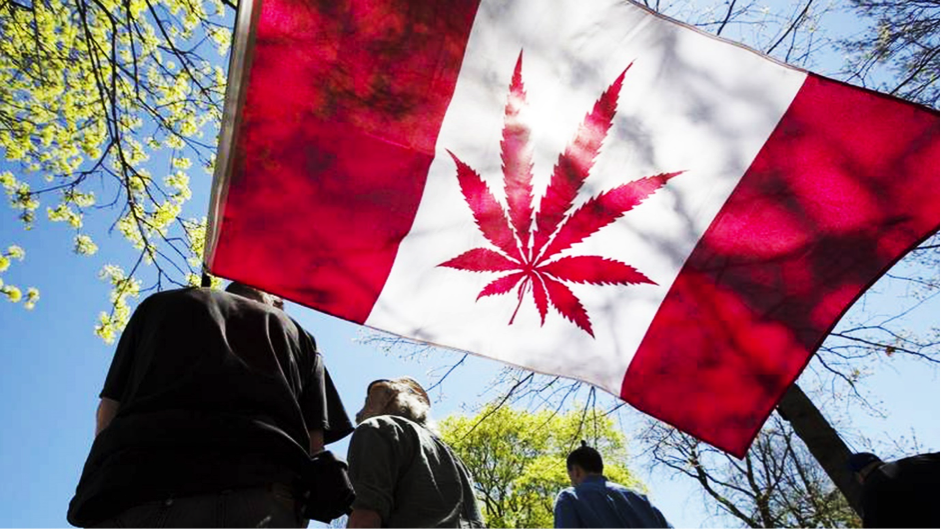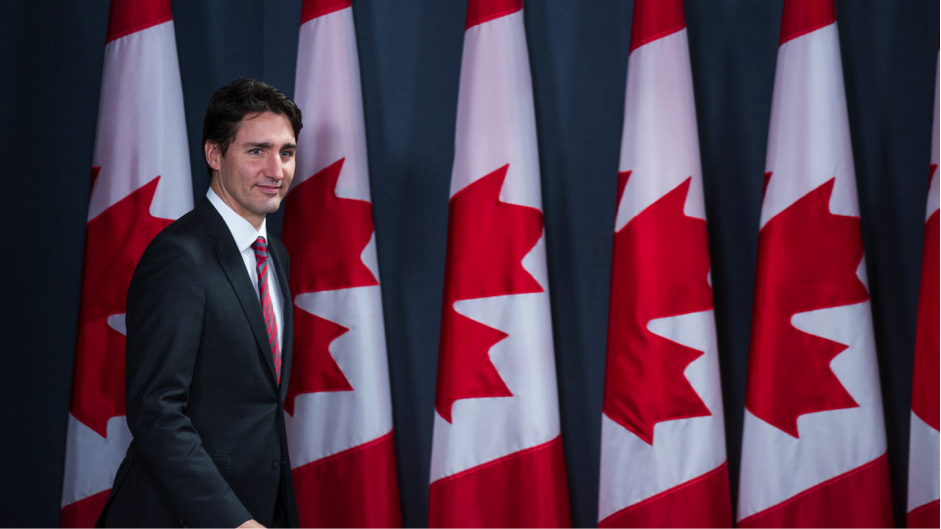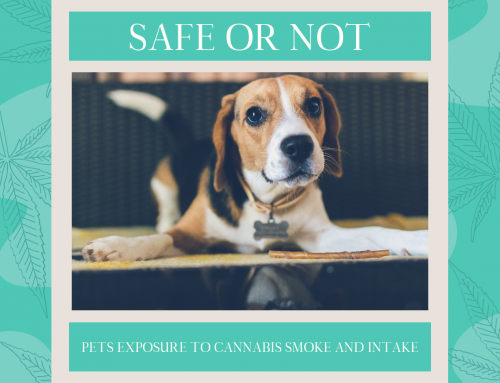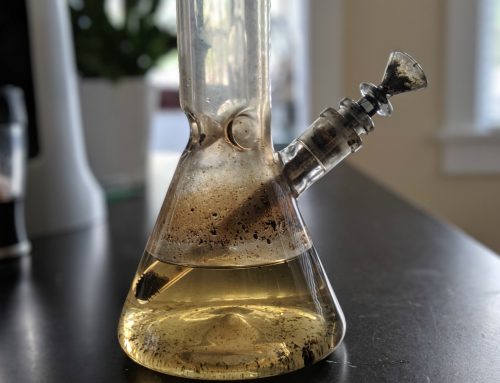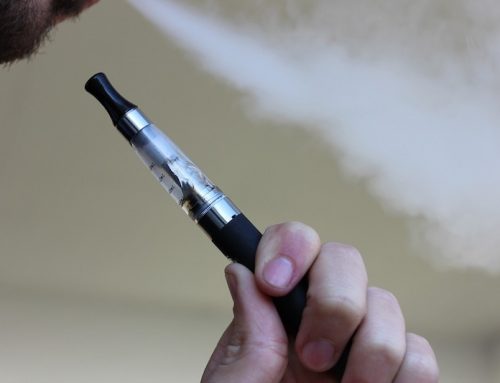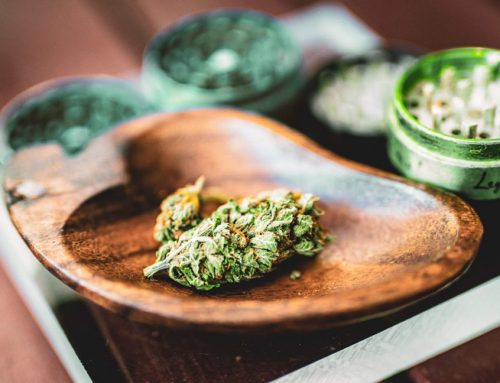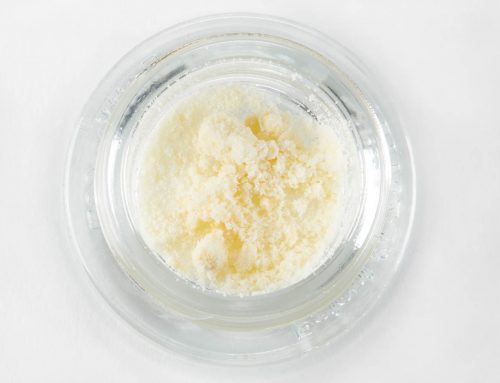Things are certainly happening right now for Canada’s fast-developing cannabis industry. However, whether things are heading in a wholly positive direction is a matter of some debate. What we know for sure is that the country is on the brink of becoming one of only two countries in the world where cannabis is legalized at a nationwide level…the other being Uruguay. But at the same time, there are some who believe that promises aren’t necessarily being kept – especially in the run-up to the big changes set to roll out next year.
As it stands right now, a cannabis task force has made good on its word by delivering a report to the Canadian government. Packed with essential proposals like minimum age, measures to prevent drug-driving, product warning stipulations and so on, it is the document that could and probably will shape much of the country’s pot future. The report has been delivered, but its details have not yet been shared with the public – the government having confirmed that it plans to do so ‘soon’.
Time for Change
According to the group responsible for the report, its content will “engender a lot of interest” and is ideally balanced to suit all parties. One of the things the group was keen to highlight was the way in which it’s going to prove very difficult for those working in law enforcement and others in government positions to suddenly adapt to cannabis being legal at a federal level. Aside from legal cannabis, marijuana is still technically illegal across Canada, though it’s known that the black-market for cannabis is worth in region of $7 billion.
Unsurprisingly, this is cash the country as a whole wants to take away from criminal gangs and inject back into communities and causes nationwide.
“Most Canadians think it’s time to move away from the system we have. But they are less clear about words like ‘decriminalization’ and ‘legalization,’” the group reported.
One of the most important focus-points for the report was that of proposed measures for helping ensure that cannabis and related products would not find their way into the hands of children and teenagers. As far as the Canadian Medical Association is concerned, cannabis as a whole should be made illegal for anyone under 21, while stronger cannabis products should be available only to adults aged 25 and over.
Conversely, others have stated outright that this is unreasonable and unworkable, given the way in which minimum age restrictions apply to decision-making capabilities, rather than product strength.
“The legal age should reflect the ability of an individual to make an informed decision rather than evaluating the relative safety of use,” argued the group Canadian Students for Sensible Drug Policy.
“Setting a lower age limit may help prevent the continuation of an underground cannabis market and reduce the associated harms on youth.”
Ms. McLellan, who served in the justice and health portfolios among others, also said the task force report will address marijuana labelling and warnings, and said it’s an area in which “the federal government has a lot of experience based on their tobacco regime.”
Along with paying close attention to strategies and measures to minimise drug-driving, other key areas of interest in the report include where cannabis will be legally sold and by whom, how to ensure that crime syndicates are barred entry to the industry in general and how to ensure that the quality of medical cannabis remains as high and consistent as it currently is.
Those currently relying on medical cannabis for the treatment of various conditions have lobbied the government to ensure that it is made as affordable and accessible as possible, ideally by having medical insurers cover cannabis or remove all sales tax.
While producing the report and researching important related matters, the Canadian task force spoke with officials from Uruguay and other government offices across the United States where cannabis has been legalized. They noted that it is likely inevitable that there will come a time when the US has little choice but to reconsider the federal classification of cannabis, which is seen as counterproductive and largely nonsensical by most.
“Canadians who have been following this area would see that in the United States – where cannabis is still illegal federally – that there will probably be a tipping point where the government of the United States will have to take a look at their ongoing regime of illegality,” the task force noted.
“That’s not for us to say, but you do see a certain trend.”
Cannabis Community Cheated by Trudeau?
In the meantime however, many of those who campaigned for the election of Canadian Prime Minister Justin Trudeau following his promises to legalize recreational cannabis next spring have been venting their frustration. They’ve spoken of feeling ‘cheated’ by his flip-flopping approach to cannabis policy, having supported a widespread police crackdown on storefront dispensaries in the run-up to nationwide legalization.
Speaking on behalf of the Cannabis Friendly Business Association, director Abi Roach stated that the recreational marijuana community played a key role in helping the federal Liberals gain a majority verdict, on the back of expectations that small businesses would be able to sell recreational cannabis without being prosecuted. Quite to the contrary, Trudeau has facilitated and supported a clamp-down that has been more ferocious and widespread than those undertaken by any prior government – former Conservative prime minister Stephen Harper included.
“All we’ve seen is raids and arrests and more criminal records and more issues and more problems,” Roach said.
“When Trudeau was elected, I cried … We campaigned our butts off for Trudeau because we wanted him to win so bad because we believed what he was saying … Wow, was I cheated or what. I think that’s the way most cannabis consumers feel.”
While what’s going on in broad daylight is bad enough, Roach commented on an apparent stealth offensive going on behind the scenes – one that’s hurting the cannabis community even more. She said that the landlords letting out properties to the businesses in question are finding themselves being asked or ordered by city official to call off their contracts and put the pot sellers out of business.
Speaking with the Toronto Star, Trudeau made it clear that he was in favour of the crackdown.
“We have always made it clear that our plan to legalize, strictly regulate, and restrict access to marijuana will be designed responsibly, with those objectives in mind: to keep it out of the hands of children, and take the profits away from criminals,” Trudeau spokesman Cameron Ahmad told the Sun in an e-mail.
“Until the law changes, the law remains the law — and the Prime Minister was reiterating his expectation for it to be followed.”
Speaking on behalf of the Canadian National Medical Marijuana Association, executive director Deepak Anand said that the principle of maintaining a tough stance against cannabis until the appropriate legislation is drawn up is a sensible course of action.
“I think the public by and large assumed it would be decriminalized and so they wouldn’t see much enforcement action,” Anand said.
“If you read the fine print, in terms of what the Liberal Party outlined as their platform, it was quite clearly outlined that there would be restriction of access, there would be sort of a controlled distribution system.”
This was reflected in the comment of Trudeau, who clearly intends to flip an overnight legalization switch in Canada, rather than allow legal cannabis to slowly but surely become the new norm.
“People are right now breaking the law,” a frustrated Trudeau said in a recent interview with the Star’s editorial board.
“We haven’t changed the laws. We haven’t legalized it yet,” he continued.
“Yes, we got a clear mandate to do that. We’ve said we will. We’ve said we’re going to do it to protect our kids and to keep the money out of the pockets of criminals.”

